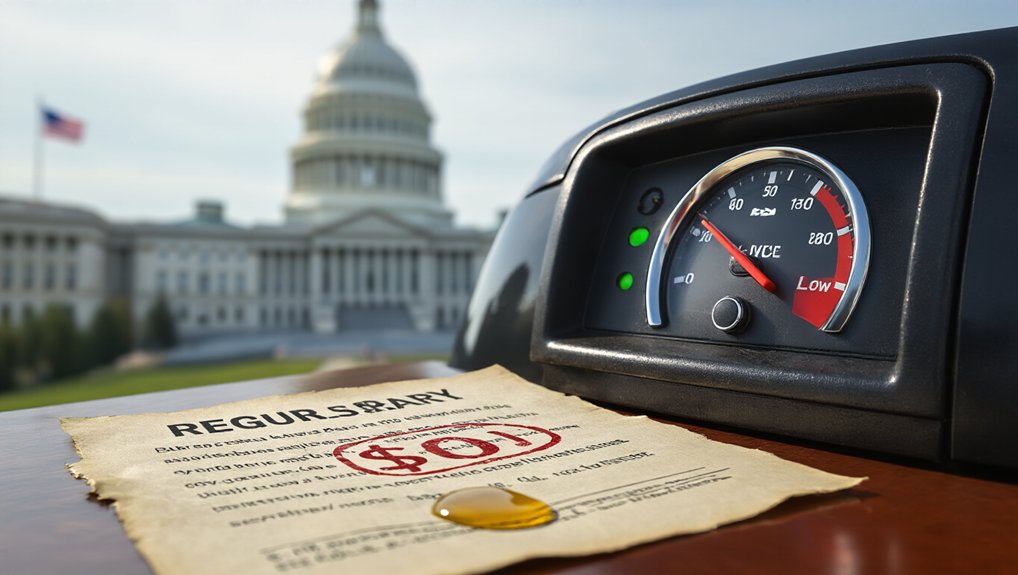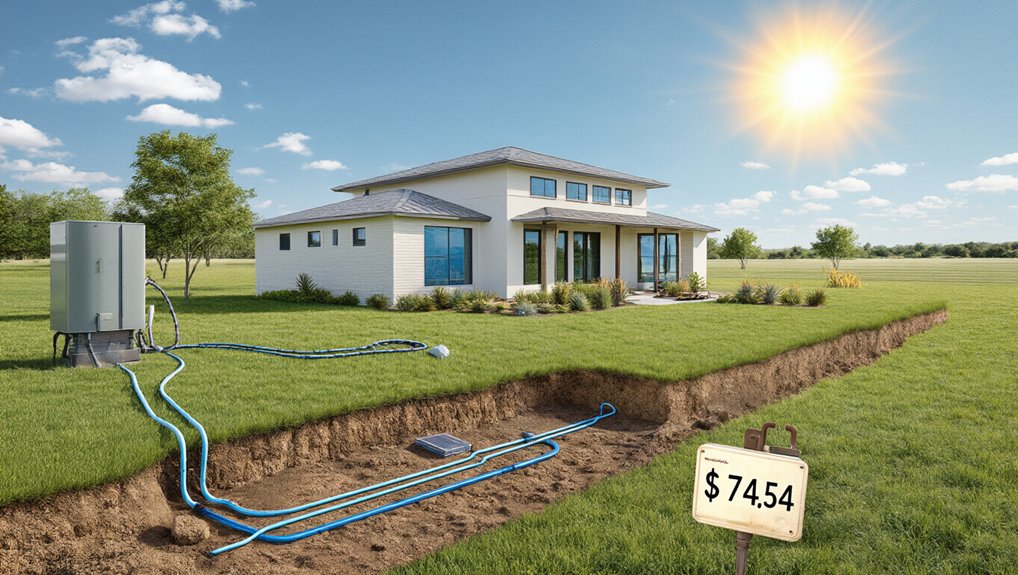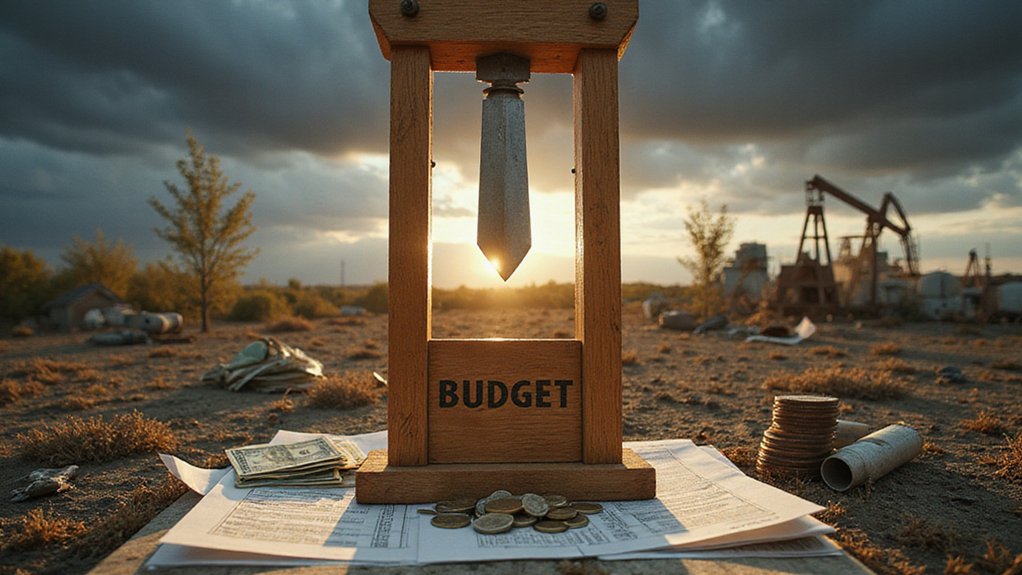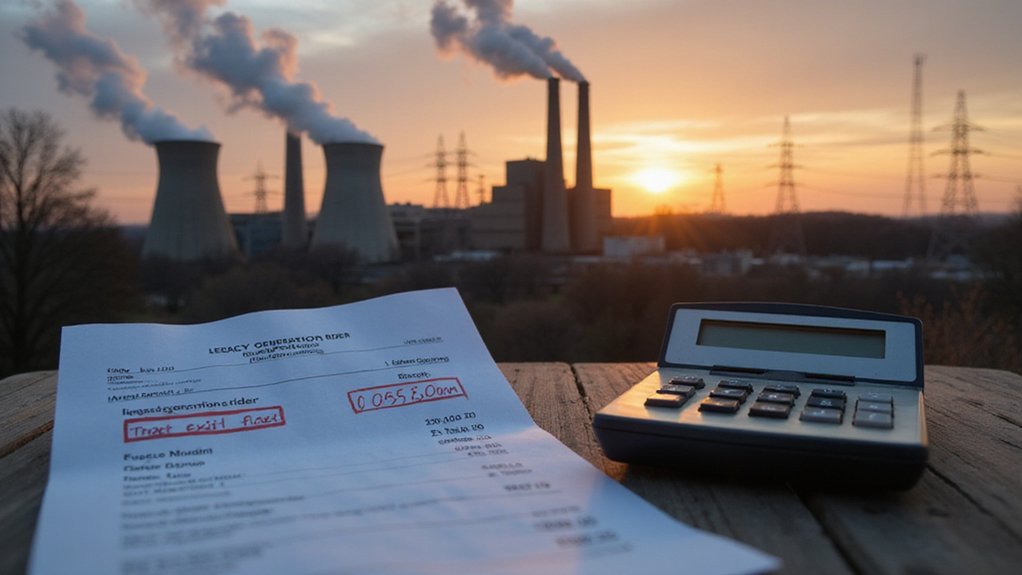While Republicans have long championed deregulation, their latest budget proposal takes aim at nearly every clean energy initiative on the books. The “One Big Beautiful Bill Act” (H.R.1) isn’t just chipping away at environmental protections—it’s taking a sledgehammer to them.
At the heart of this GOP bill is a clever trick to gut fuel efficiency standards without technically repealing them. How? By simply zeroing out the penalties automakers face when they exceed fuel economy thresholds. No penalties, no compliance. Problem solved! (For oil companies, anyway.)
The bill retroactively orders the National Highway Traffic Safety Administration to weaken fuel economy rules for vehicles sold after model-year 2022. These Corporate Average Fuel Economy standards have been pushing automakers toward efficiency for decades. Now they’ll be fundamentally meaningless—just words on paper.
This isn’t the only environmental rollback in the package. The legislation targets virtually all federal support for renewable energy: solar, wind, nuclear, electric vehicles. Gone. Clean hydrogen production credits? Eliminated after 2025. Energy-efficient building incentives? Same fate.
Meanwhile, millions of acres of public land would be opened for privatization and potential fossil fuel development. Because apparently, we need more drilling, not less.
The financial impact on Americans could be severe. Energy experts predict the loss of clean energy investments will drive up household energy bills by $110 next year, ballooning to over $400 annually within five years.
Curiously, the aviation industry gets special treatment. The bill extends sustainable aviation fuel tax credits through 2031—a $45 billion taxpayer gift. Biofuels for planes are apparently worth keeping, despite concerns about their actual environmental benefits and impact on food prices. This policy reveals the powerful influence of agricultural lobbying on legislative decisions, with farm interests pushing for aviation fuels to compensate for electric vehicle market impacts.
Transportation Secretary Sean Duffy has been instrumental in these rollbacks, issuing a legal opinion restricting NHTSA’s ability to include electric vehicles in fuel economy estimates.
For communities already struggling with pollution, the news gets worse. The bill slashes funding for programs that clean up air pollution in schools and neighborhoods, potentially increasing rates of asthma, heart disease, and premature death. This move contradicts growing evidence that improved air quality from clean energy adoption leads to reduced healthcare costs and better public health outcomes.
Some deregulation. More like demolition.
References
- https://www.motherjones.com/politics/2025/06/aviation-fuel-taxx-credit-big-beautiful-budget-bill-bipartisan-boondoggle-carbon-emissions-biofuels-agricultural-subsidies/
- https://heatmap.news/politics/corporate-average-fuel-economy-senate-budget-bill
- https://www.congress.gov/bill/119th-congress/house-bill/1/text
- https://taxfoundation.org/research/all/federal/big-beautiful-bill-senate-gop-tax-plan/
- https://www.lcv.org/blog/senate-republicans-big-beautiful-bill-aka-big-ugly-bill-would-increase-energy-costs-and-destroy-our-clean-energy-future-we-must-act-now-to-stop-it/









